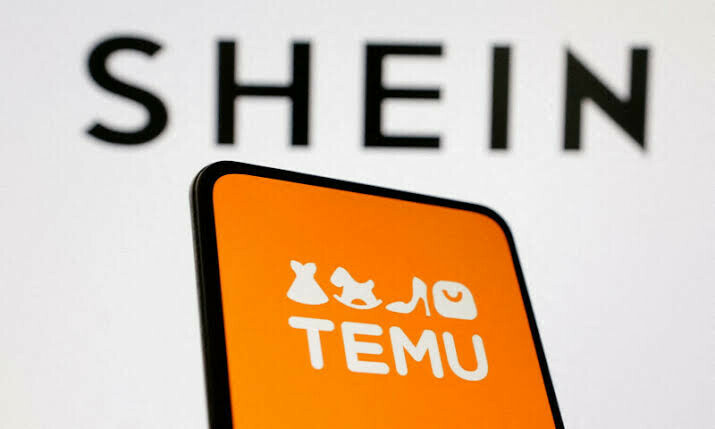The United States is discussing whether to add Chinese ecommerce retailers Shein and Temu to the Department of Homeland Security’s (DHS) “forced labor” list, Semafor reported on Tuesday.
The Trump administration has not made a final decision on the matter and could ultimately decide not to list either, the report said, citing two sources familiar with the discussions.
Both companies denied the use of forced labor.
“We are not aware of any such consideration,” Shein said in an emailed statement to Reuters. The company is in full compliance with the US UFLPA (Uyghur Forced Labor Prevention Act), it added.
“Temu strictly prohibits the use of forced labor and enforces our Third-Party Code of Conduct, which bars all forms of involuntary labor,” Temu said in an email.
The move comes after China imposed targeted tariffs on US imports and put several companies, including Alphabet Inc’s Google, on notice for possible sanctions, in a measured response to US President Donald Trump’s levies, which came into effect on Tuesday.
Temu, Shein targeted as EU cracks down on unsafe ecommerce imports
In a separate development, Temu and Shein will be liable for the sale of unsafe and dangerous products on their platforms, the European Commission said today as part of a crackdown against the flood of cheap ecommerce imports into the European Union.
The EU executive also said it would coordinate a joint investigation by the Consumer Protection Cooperation (CPC) Network of national consumer authorities into Shein based on suspicions that the company infringes EU consumer protection rules.
The measures by the EU executive echoed a similar push by the US government which ended a trade provision this week used by retailers including Temu and Shein to ship low-value packages duty-free to the United States.
The European Commission said its concerns were triggered by some 4.6 billion low-value items below €22 imported into the EU last year, equal to 12 million parcels per day, 91 per cent of which came from China.
The figure was double that in 2023.
It said the cheap imports pose unfair competition to EU sellers which follow the rules while the large number of packages being shipped has a negative impact on the environment and climate.
“We want to see a competitive e-commerce sector that keeps consumers safe, offers convenient products, and is respectful of the environment,” EU tech chief Henna Virkkunnen said in a statement.
Shein said it would engage with the consumer agencies and the European Commission.
“We share the CPC Network’s goal of ensuring European consumers can shop online with peace of mind, and we intend to work closely with the CPC Network and the commission to address any concerns,” a spokesperson said.
Temu did not immediately respond to Reuters’ request for comment.
- Desk Reporthttps://foresightmags.com/author/admin/











